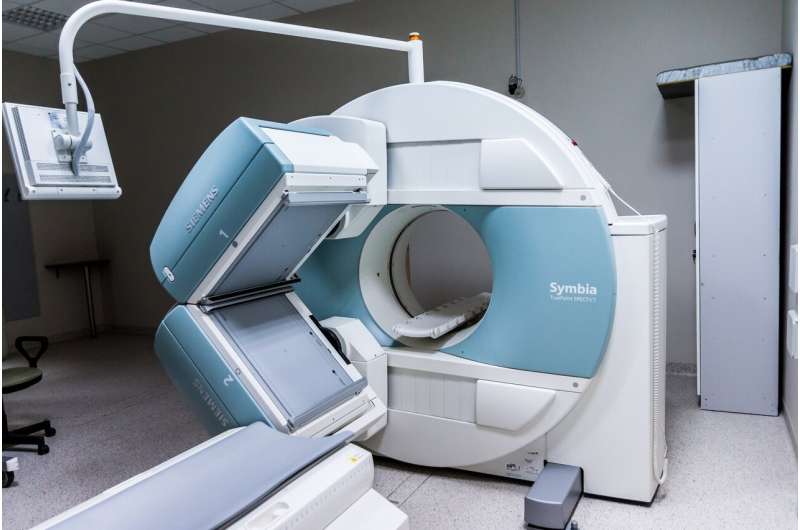Study Shows Medical Imaging Radiation May Contribute to 10% of Pediatric Blood Cancers

A groundbreaking study links radiation from medical imaging to 10% of pediatric blood cancers, emphasizing the need for safer imaging practices to protect children's long-term health.
A recent comprehensive study conducted by researchers from the University of California, San Francisco (UCSF) and UC Davis has revealed a concerning link between radiation exposure from medical imaging and the development of blood cancers in children. The investigation analyzed data from nearly 4 million children born between 1996 and 2016 across six healthcare systems in the United States and Ontario, Canada. The findings suggest that approximately 10% of pediatric blood cancers, including leukemia and lymphoma, which are among the most common childhood cancers, could be attributable to radiation received during medical imaging procedures.
The study highlights that the risk of developing blood malignancies increases proportionally with the cumulative radiation dose children are exposed to over time. Specifically, common imaging modalities such as chest X-rays and head CT scans were examined. The research indicated that head CT scans, often used to diagnose neurological issues, are particularly associated with elevated cancer risk, with just a few scans potentially contributing to nearly a quarter of subsequent hematologic cancers in children. Conversely, lower radiation doses from radiographs, used for detecting broken bones or pneumonia, pose a comparatively smaller risk.
Quantitative analysis revealed that children who underwent head CTs faced up to a 3.5-fold increase in the risk of developing blood cancers. The study identified nearly 3,000 cases of hematologic malignancies, with the majority being lymphoid cancers. It was estimated that reducing unnecessary imaging and optimizing radiation doses could prevent up to 10% of these cancers. The researchers emphasize that options such as ultrasound and MRI, which do not expose patients to ionizing radiation, could be safer alternatives in many clinical situations.
Medical imaging plays a crucial role in early diagnosis and guiding effective treatment plans, but the findings underscore the importance for clinicians and parents to carefully consider the necessity of each scan. The authors advise minimizing radiation exposure whenever feasible, especially in young patients who are more radiosensitive and have a longer expected lifespan during which radiation-induced cancers could develop.
The study used a retrospective cohort design, analyzing imaging histories of children over two decades. It established a clear dose-response relationship: higher cumulative radiation from repeated imaging correlates with increased cancer risk. The authors call for heightened awareness about the potential long-term effects of pediatric imaging and advocate for judicious use of radiation-based procedures to enhance patient safety.
Overall, this research sheds light on the importance of balancing lifesaving diagnostic procedures with the potential long-term health implications, urging healthcare providers to optimize imaging protocols and consider alternative modalities to protect children’s future health.
Stay Updated with Mia's Feed
Get the latest health & wellness insights delivered straight to your inbox.
Related Articles
Understanding Common Causes of Stomach Pain in Children
Explore the common causes of stomach pain in children, including constipation, food sensitivities, infections, stress, and motility disorders, and learn when to seek medical help.
Early Colostrum Feeding May Lower Peanut Allergy Risk in Infants
New research reveals that exclusive colostrum intake in the first 72 hours significantly reduces the risk of peanut and multiple food allergies in infants, highlighting the importance of early feeding practices for allergy prevention.
New Insights into Brain Function: Wiring Is Not Everything
New research on C. elegans reveals that brain activity depends more on dynamic signaling networks than on static neural wiring, offering fresh insights into neural function and disorders.
Genetic Variants May Predict Who Can Benefit from Alcohol Use Disorder Medication
New research suggests that multiple genetic variants can predict individual responses to alcohol addiction medication, paving the way for personalized treatments for AUD.



